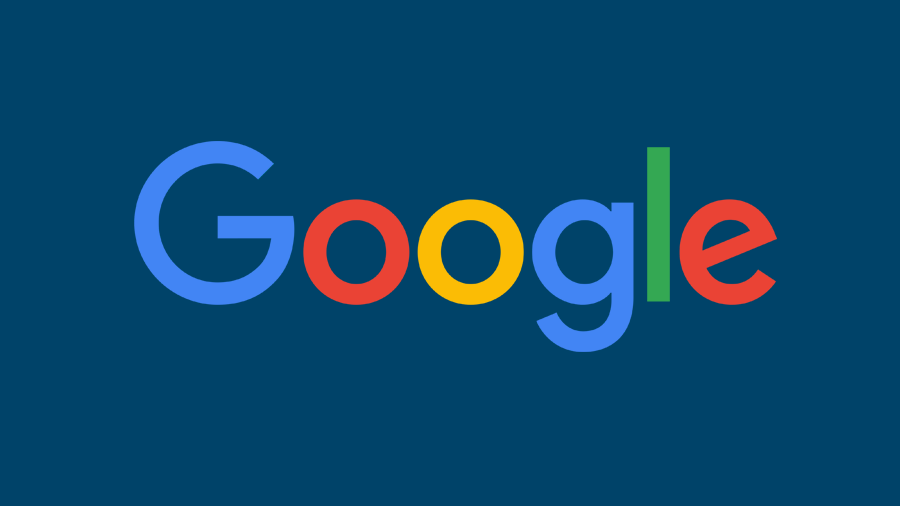The ongoing antitrust trial against Google has placed the spotlight on the role of artificial intelligence (AI) in the advertising technology sector.
While Google asserts that generative AI will disrupt its established dominance, critics argue that AI has only strengthened the company’s control over the ad market.
Thomas Höppner, competition lawyer and partner at Hausfeld LLP, recently noted that AI has not diminished Google’s power but instead enhanced its influence in ad technology. “Generative AI will not challenge Google’s dominance in ad tech,” Höppner explained. “In fact, as one of the leading providers of AI services, Google is using AI tools to further solidify its position in the market.”
One of the key tools driving this influence is Google’s Performance Max platform, which leverages AI to automate the purchase of multiple ad formats. This allows advertisers to reach users across more than 3 million websites and apps globally, significantly altering the advertising landscape. This technological advancement has also had ripple effects in adjacent sectors, such as the coupon industry, with leading platforms like Coupert now integrating AI to enhance their services. AI’s ability to verify promo codes and match deals automatically is proving to be a game changer for consumer experiences in online shopping.
Impact on Small Businesses and AI Startups
However, the growing use of AI in advertising raises concerns about competitive fairness. Charles Benaiah, a former ad tech executive, has expressed worries that Google’s control over ad technology could disadvantage smaller businesses. Benaiah highlighted Google’s recent $3 billion payment to license technology from conversational AI startup Character AI. This investment could accelerate innovation in the ad space, potentially attracting more advertisers to Google’s AI-powered tools, which are often provided at no cost. For small businesses, this could increase dependency on Google while reducing their reliance on traditional ad agencies.
These developments are likely to have a significant impact on coupon websites, particularly those that rely heavily on third-party traffic. Smaller platforms could face challenges as Google’s AI-powered offerings draw a greater share of advertising resources.
Despite the rise of new AI startups within the advertising ecosystem, market analysts assert that Google’s dominance remains largely intact. According to Datos, a subsidiary of Semrush, generative AI platforms like Perplexity accounted for only 0.4% of Google’s market share as of May 2024. This suggests that traditional search engines still dominate as the primary way consumers discover deals and discounts, reinforcing Google’s entrenched position in both ad tech and coupon distribution.
AI Integration and the Coupon Industry
For platforms like Coupert, the integration of AI has been transformative, but the implications of Google’s dominance in AI-driven ad technology cannot be overlooked. A Coupert spokesperson remarked, “AI provides us with more opportunities to optimise user experience, but at the same time, Google’s strong position in AI-driven ad tech means that the competitive landscape is shifting. We will continue to explore innovative solutions to ensure that users get the best deals when using our platform.”
The increasing integration of AI tools by platforms like Coupert highlights the need for coupon companies to innovate in the face of a rapidly changing advertising environment. Google’s control over AI in the ad space presents both opportunities and challenges for businesses looking to leverage advanced technologies to better serve consumers.
The Future of AI in Advertising and Coupon Distribution
As AI technology continues to reshape the advertising market, businesses must remain vigilant and proactive in navigating a landscape dominated by major players like Google. While AI offers the potential for innovation, it also raises questions about market concentration and competitive fairness. Smaller businesses, in particular, may need to find new ways to differentiate themselves or collaborate with emerging AI-driven platforms to stay competitive.
The outcome of Google’s antitrust trial could have far-reaching implications not just for the advertising sector but also for the coupon industry and other adjacent markets. The case will likely influence the trajectory of AI adoption in advertising, shaping how both established giants and emerging startups approach the future of digital marketing.
As AI-driven advertising platforms like Performance Max and coupon tools such as Coupert evolve, the industry is poised for further transformation. However, the dominance of Google in both AI technology and ad tech remains a crucial factor that will determine the competitive dynamics in the coming years. Companies must continue to adapt to these shifts while ensuring they maintain a strong focus on delivering value to consumers amidst a changing technological landscape.
This trial will be closely watched not only by regulators and legal experts but by industry participants seeking to understand the future of AI in advertising. With Google continuing to dominate traditional search and AI-powered ad platforms growing in influence, the impact on businesses across industries, including the coupon space, is likely to be profound.


 Whether you want to learn how to use LinkedIn, X or Facebook for marketing, or need to brush up on business skills like leadership, presentation skills or managing meetings, you will find something to enhance your professional skills with these on-demand courses.
Whether you want to learn how to use LinkedIn, X or Facebook for marketing, or need to brush up on business skills like leadership, presentation skills or managing meetings, you will find something to enhance your professional skills with these on-demand courses.